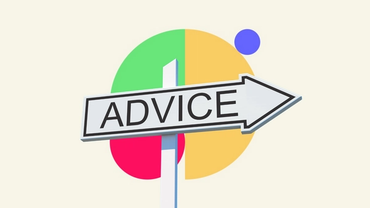How to make the most of your financial adviser
By Boring Money
6 June, 2024
Just like you’d go to see a doctor for your health, a financial adviser is there if you need information on your financial wellbeing - and their help can be worth its weight in gold (literally sometimes!) in terms of a product’s suitability for you and the potential benefits it can bring. So how do you know if you need an adviser - and how can you make the most of one if you do?

When do you need a financial adviser?
There are times in your life when it’s wise to seek help from a financial adviser. These are when you’re weighing up meaty decisions about your money. For example, when you’re approaching retirement, considering pension consolidation, or figuring out your estate and tax planning.
It can also be a good idea to speak to a financial adviser if your life changes in a big way, such as following the death of a partner or a divorce. Working out the best way to navigate these ‘life events’ can be confusing and stressful to say the least – often made worse by complex financial rules and jargon - so it may be a good idea to get extra help from an expert if you find yourself faced with a major shake-up in your life.
However, there are many events and circumstances which can trigger the need to seek financial advice. Click the link below to read our article on how to know when you need it, with some examples to help you identify if you're in need of an adviser or if the lighter-touch "financial guidance" would serve you better.
How can a financial adviser help you?
The range of what a financial adviser can help you with includes so much more though - information and recommendations on products including mortgages, insurance, pensions, savings, ISAs and other investments, inheritance, equity release, will planning and more general family finances.
For investments, you may want to seek the help of an investment professional rather than a financial adviser. If you have over £300k to invest you might want to seek out discretionary fund management (DFM), where an expert does bespoke portfolio management.
For smaller amounts of investments, you will need to understand if the adviser you are using is whole of market or allied to a specific platform and the products available on that, in which case they are offering restricted advice. Your banks or building societies may also be able to provide information about some products as well.
An independent financial adviser (IFA) will have access to a wide range of products, and can likely highlight a greater number of suitable options than if you are researching for yourself. Their advice can give you the confidence to act. And when it comes to investments, your adviser will help you make the most of the tax freebies you can access from HMRC.
5 things to do to get the most out of your financial adviser
1. Communicate your financial goals
 Unlock this article to continue reading
Unlock this article to continue reading
Already have an account? Login






